Crop Rotation Systems For Sustainable Agriculture
Agric4profits
OCTOBER 19, 2024
Crop rotation systems are essential practices in sustainable agriculture, designed to enhance soil health, improve crop yields, and reduce the dependency on che

Agric4profits
OCTOBER 19, 2024
Crop rotation systems are essential practices in sustainable agriculture, designed to enhance soil health, improve crop yields, and reduce the dependency on che
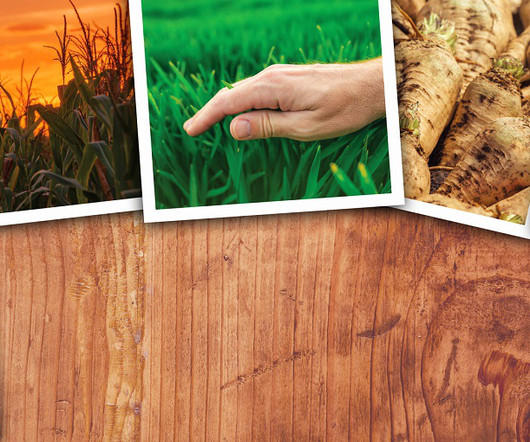
Cropaia
OCTOBER 31, 2023
Crop rotation is a common agronomic practice that involves the systematic sequencing of different crops in a specific field over several seasons. This technique aims to enhance soil fertility, control pests and diseases, and optimize crop yield.
This site is protected by reCAPTCHA and the Google Privacy Policy and Terms of Service apply.
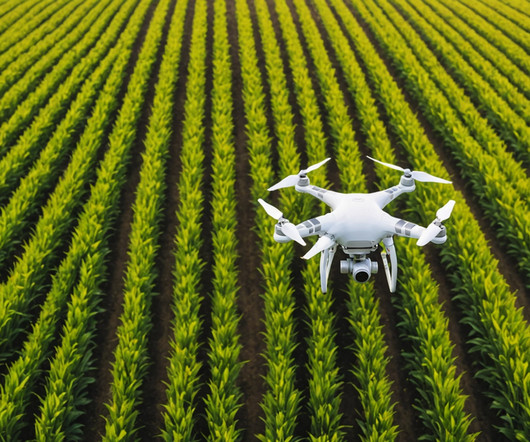
Farmbrite
DECEMBER 12, 2024
Farmers utilize a range of modern toolsfrom task management applications and drones that monitor crop health to sensors and software that help forecast yields. Farmers saving 30% on fertilizer costs and boosting crop yields by up to 10% are not uncommon with these insights.
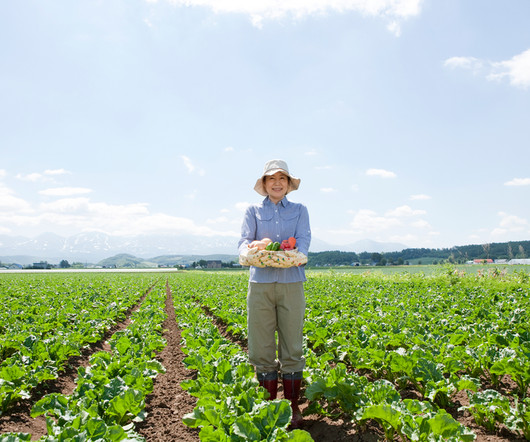
Farmbrite
DECEMBER 19, 2024
Nutrients and irrigation speed up crop development, increase crop yield and prevent contamination. Determine The Timing To Add Nutrients Fertilizer timing is critical to maximize crop health, yield, and profitability. The approach ensures the crop receives enough nutrition early in its growth for higher yields.
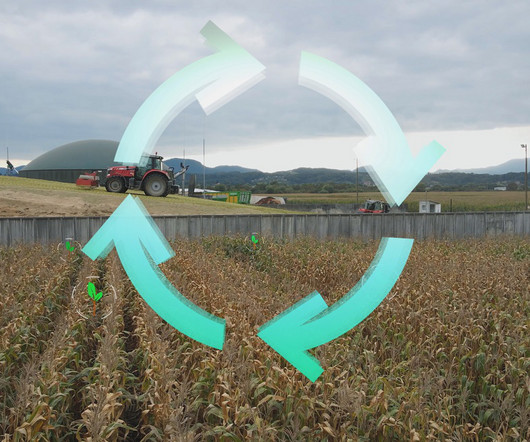
Cropaia
DECEMBER 19, 2023
In recent years, there has been a growing interest in regenerative agriculture, a holistic approach to farming that seeks to restore and revitalize the land while improving crop yields and overall farm profitability. This means increased crop yields and reduced inputs like fertilizers and pesticides.
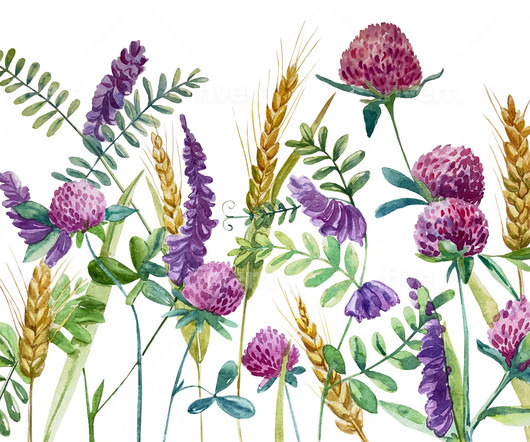
Modern Farmer
AUGUST 31, 2023
Cover crops refer to vegetation planted in empty fields— covering the soil, get it?—at They can also be added to crop rotations to improve soil health in fields that have been degraded from growing the same thing year after year. Cover cropping is a means of increasing soil fertility without chemicals.

Agwired
MARCH 7, 2024
A recent study at the University of Kentucky Martin-Gatton College of Agriculture, Food and Environment found that replacing 40 pounds of synthetic nitrogen with Pivot Bio PROVEN® 40 can increase corn yields while reducing reliance on synthetic fertilizer. Other results from the studies indicated higher corn yields.
Let's personalize your content